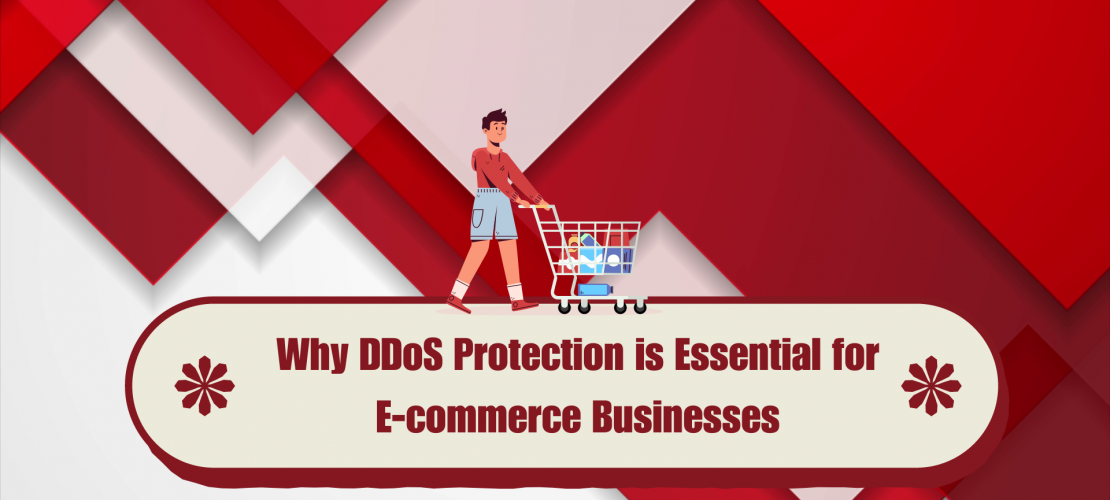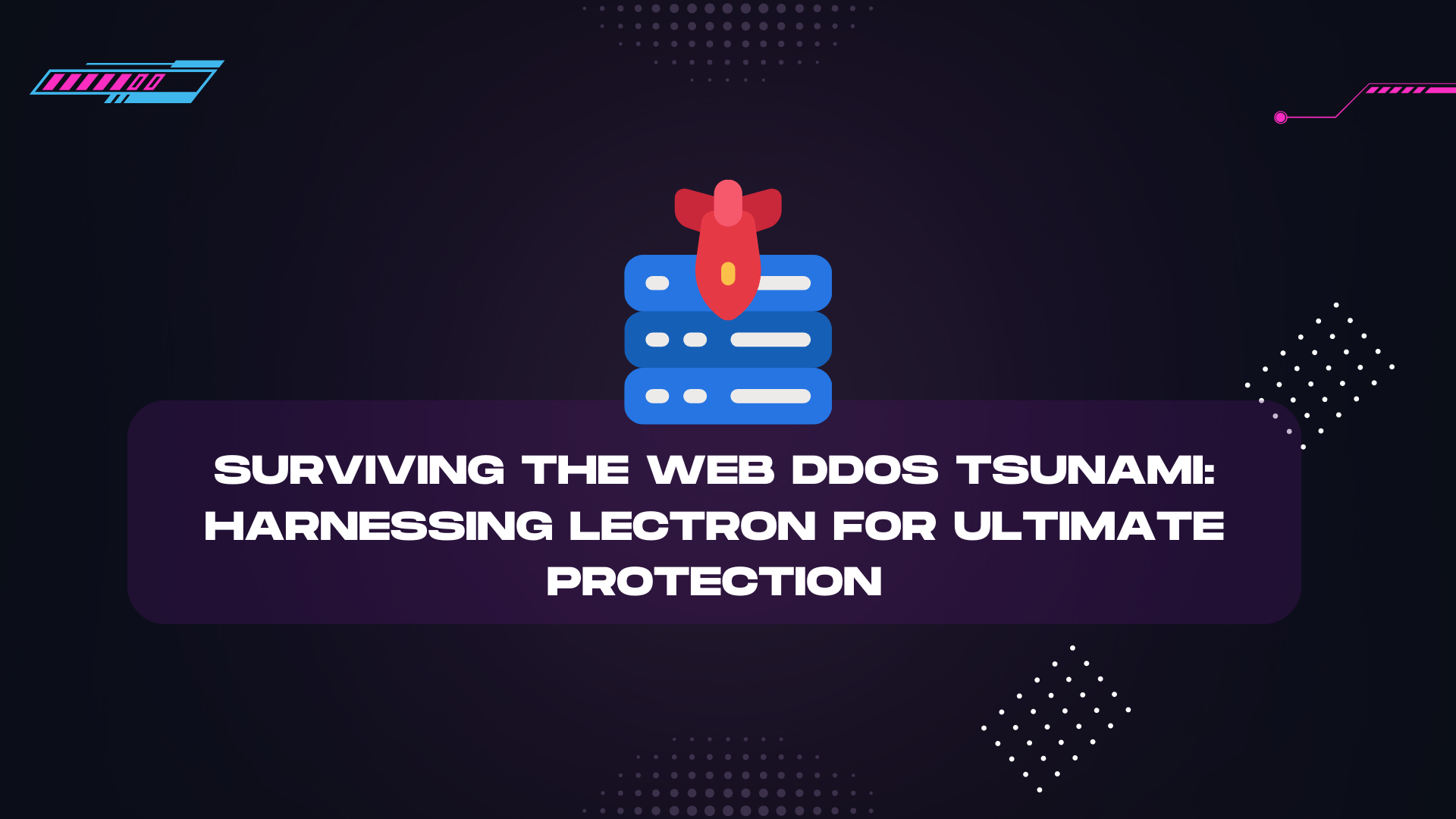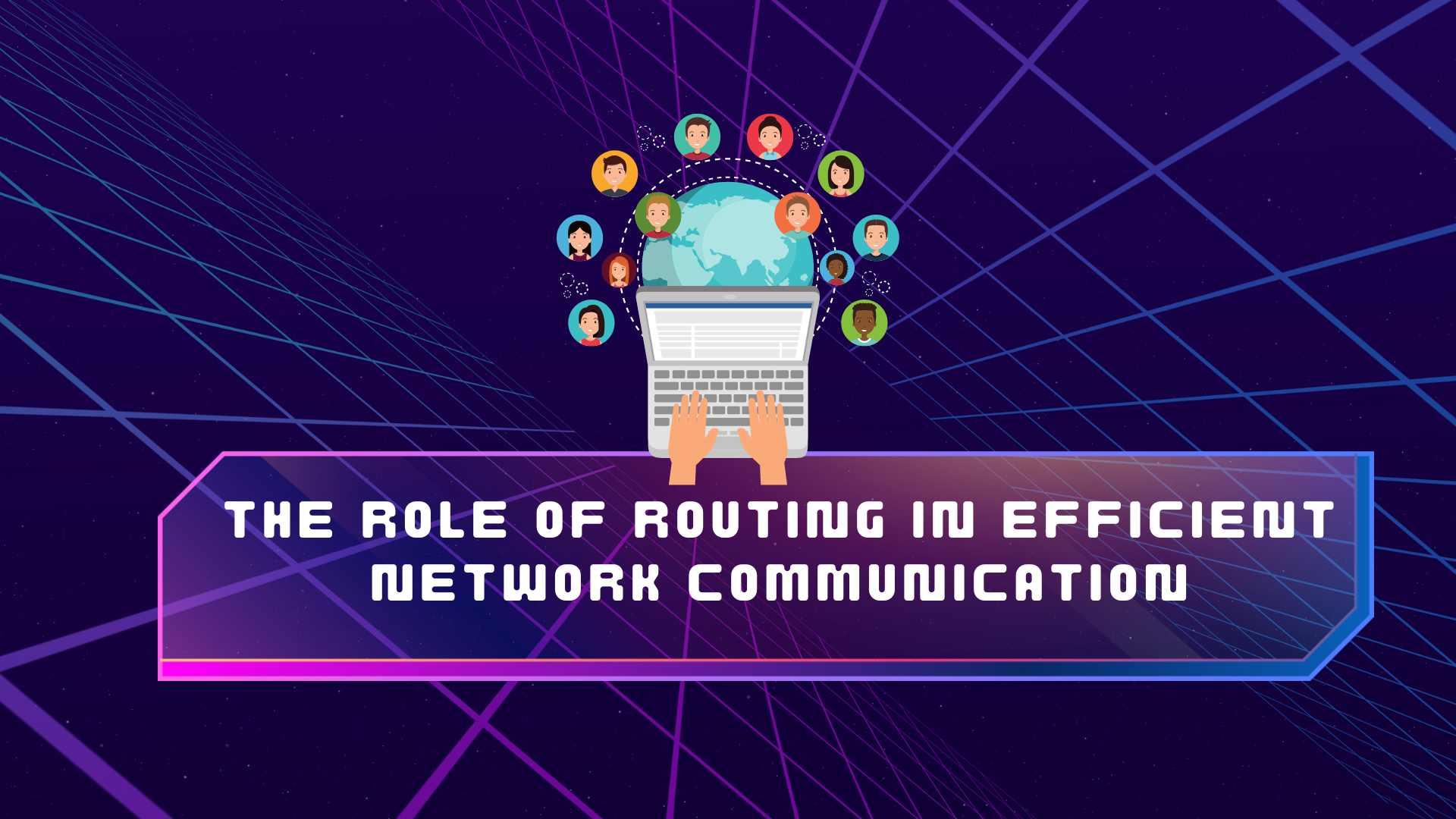In today’s digital age, e-commerce has become an integral part of our lives. With the growth of online shopping and the increasing reliance on technology, the e-commerce industry is constantly evolving. However, with this growth also comes the risk of cyber attacks, and one of the most common and damaging forms of cyber attacks is Distributed Denial of Service (DDoS) attacks.
A DDoS attack is a type of cyber attack that attempts to disrupt the normal traffic of a targeted server, network, or website by overwhelming it with a flood of traffic from multiple sources. The goal of a DDoS attack is to make the targeted website or service unavailable to its intended users, resulting in downtime and potentially significant financial losses.
E-commerce businesses are particularly vulnerable to DDoS attacks as they rely heavily on their websites to generate revenue. In fact, a single DDoS attack can cost an e-commerce business thousands or even millions of dollars in lost sales, damage to reputation, and recovery costs.
Therefore, it is essential for e-commerce businesses to have DDoS protection in place to safeguard against these attacks. In this blog, we will explore why DDoS protection is so important for e-commerce businesses, and what steps they can take to implement effective protection.
Why DDoS Protection is Essential for E-commerce Businesses
- Revenue Loss: DDoS attacks can cause significant revenue loss for e-commerce businesses. When a website is unavailable or slow, customers are unable to complete transactions and are likely to take their business elsewhere. The longer the downtime, the more revenue loss the business will incur.
- Damage to Reputation: DDoS attacks can also damage the reputation of e-commerce businesses. Customers may perceive the business as unreliable or unsafe, leading to a loss of trust and decreased customer loyalty.
- Recovery Costs: Recovering from a DDoS attack can be expensive, as it often involves hiring security experts, upgrading infrastructure, and investing in additional security measures to prevent future attacks.
- Compliance: Many e-commerce businesses are required to comply with regulations such as the Payment Card Industry Data Security Standard (PCI DSS) or General Data Protection Regulation (GDPR), which mandate specific security requirements. Failure to comply with these regulations can result in fines, legal action, and reputational damage.
Steps to Implement Effective DDoS Protection
- Conduct a Risk Assessment: E-commerce businesses should conduct a risk assessment to identify potential vulnerabilities and determine the level of protection required.
- Choose the Right DDoS Protection Solution: There are several types of DDoS protection solutions available, including on-premise appliances, cloud-based solutions, and hybrid solutions. Each has its own strengths and weaknesses, and businesses should choose the solution that best fits their needs.
- Implement Multi-Layered Defense: To effectively protect against DDoS attacks, e-commerce businesses should implement a multi-layered defense strategy that includes network-layer protection, application-layer protection, and DNS protection.
- Monitor Traffic: E-commerce businesses should regularly monitor their network traffic to detect and mitigate DDoS attacks in real-time. This can be done through the use of traffic analysis tools or by working with a managed security service provider.
- Prepare a Response Plan: E-commerce businesses should have a response plan in place in the event of a DDoS attack. This plan should include procedures for notifying relevant parties, isolating the attack, and restoring normal operations.
In conclusion, DDoS attacks pose a significant threat to e-commerce businesses are particularly vulnerable to DDoS attacks due to the nature of their operations, and the impact of an attack can be devastating. As such, it is essential for these businesses to implement robust DDoS protection measures to safeguard their online presence and ensure that they can continue to serve their customers without interruption. This can include a combination of preventative measures such as network-layer protection, web application firewalls, and content delivery networks, as well as proactive monitoring and response mechanisms. By taking a multi-layered approach to DDoS protection, e-commerce businesses can significantly reduce their risk of being targeted by attackers and minimize the impact of any attacks that do occur.




